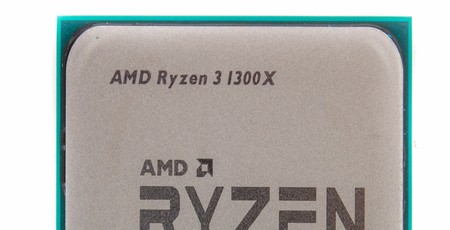
Overclocking
We applied the usual 1.425V vcore and increased the multiplier on the CPU as far as it would go. AMD specifies a vcore of 1.45V as a maximum for short-term benchmarking, so we've backed off from this with our figures representing an overclock you can use long-term. We managed 3.9GHz with the Ryzen 3 1300X, which is reasonable but some way short of the best we've seen from other Ryzen CPUs. Even upping the vcore to 1.44V didn't improve things here, with Terragen 4's rendering benchmark falling over each time. We'll give you a little teaser from our Ryzen 3 1200 review - it managed 4GHz, which clearly has an impact on which CPU you should opt for depending on whether you'll be going stock speed or overclocked.
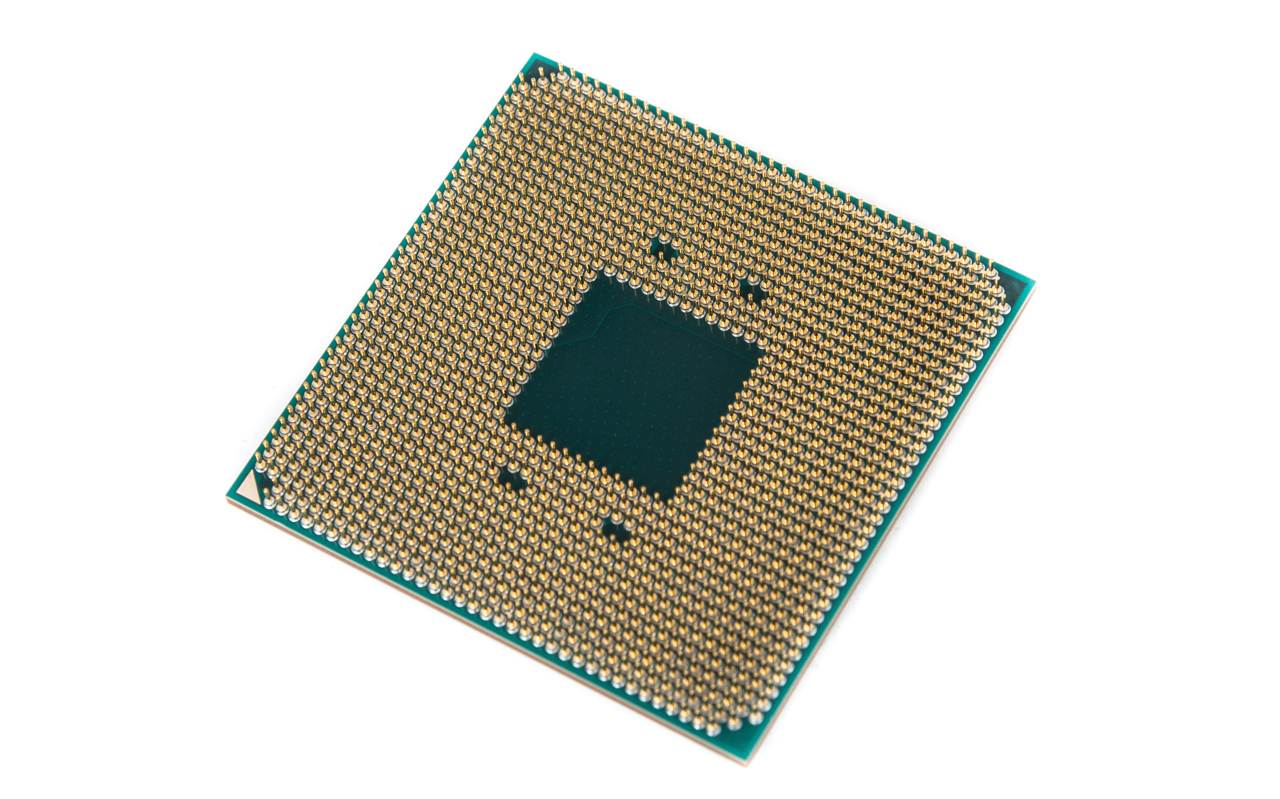
Performance Analysis
We're still adding data to our new graphing system, but we've included the most important results including new data for the Core i3-7300. It's fairly plain to see that the high stock speed frequencies of the Ryzen 3 1300X really do make a difference, with it matching both Core i3s in CPU-Z's single-threaded test and coming close in Cinebench's similar test too. Switch to multi-threaded benchmarking in these tests, and the AMD CPU leaps ahead, with better scores even at stock speed than the overclocked Core i3-7350K, which we'd overclocked to 5GHz. Anywhere that multi-threading is important outside of games, there's no hope for Intel here, either in performance or value.
The Core i3-7350K couldn't even compete in the photo editing test, requiring a massive overclock to get to the same levels as the AMD Ryzen 3 1300X. There are even more telling signs in games too. Ashes of the Singularity still sees Intel with a slight lead, but once the Ryzen 3 1300X was overclocked, it bettered the Core i3-7300 and came within a fraction of matching the more expensive Core i3-7350K too. The overclocked Core i3-7350K does show that single-core frequency is still important in some games, with Fallout 4 appreciating the extra speed, but again, below the Core i3-7350K, there are no overclockable Intel CPUs, and the Ryzen 3 1300X already beats the Core i3-7300 in Fallout too, even at stock speed, albeit by a slim margin.
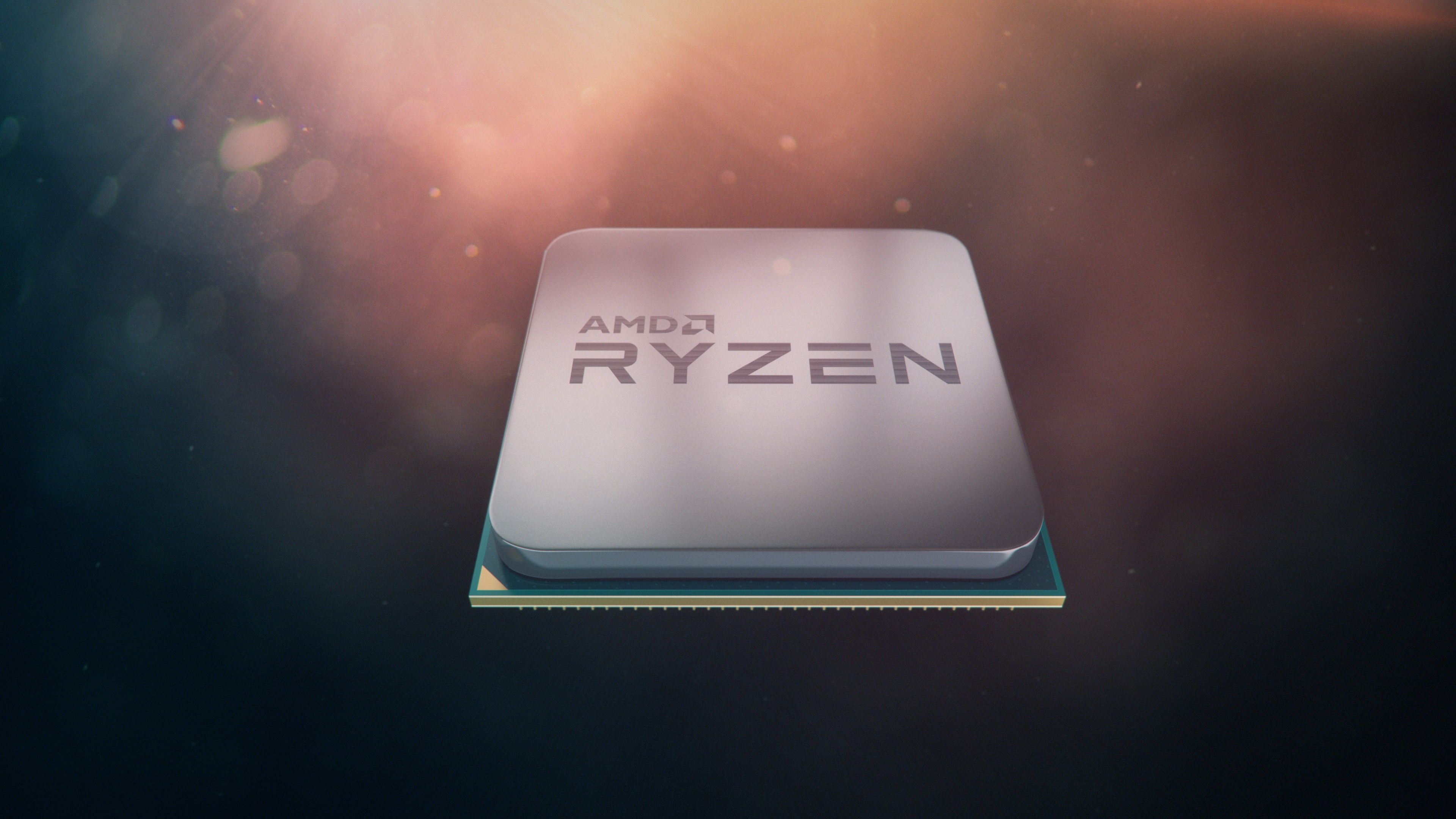
Conclusion
Ultimately, what we have is a familiar scenario with both Ryzen 3 CPUs that has played out in both the Ryzen 5 and Ryzen 7 ranges too. The X-edition CPU - in this case the Ryzen 3 1300X, is definitely the one to go for if you plan to run it at stock speed. It has a significant frequency advantage both in terms of base frequency, all-core boost, and especially XFR, which makes the extra £20 or so well worth paying. However, the tables are turned when you look at the Ryzen 3 1200 with an eye to overclocking it, which we've already done, and it managed 4GHz.
Assuming our samples are generally indicative of retail samples, there won't be much in it as far as overclocking headroom goes. This means that there are two very clear choices here, at least when removing Intel from the equation for a moment; the Ryzen 3 1200 is your best option if you plan to overclock, while the Ryzen 3 1300X is the one to go for if you'll be running at stock speed.
So, how does Ryzen 3 fit in? Well, against Ryzen 5, it may appear that the Ryzen 5 1400 and 1500X are comparatively poor value, given they start proceedings at £155. However, it's really the same difference between the Core i5-7600K and Core i7-7700K - one has Hyper-Threading and one does not. If you need the extra multi-threaded grunt, then the extra premium is worth paying. There's obviously a massive difference in price between the Intel CPUs compared to just £30 between the Ryzen 3 1300X and Ryzen 5 1400 and £50 between the latter and the Ryzen 3 1200. But at this end of the market, £50 is a huge difference. More importantly, if you're on a tight budget and previously paid around £100 for a new CPU, then you'd also be stepping up to a quad-core in the form of Ryzen 3, so the addition of Simultaneous Multi-Threading probably isn't that necessary to see a decent performance increase either.
Now for the important bit - how does Ryzen 3 affect Intel? The answer is profoundly. The Core i3-7350K, which is the highest-clocked dual-core in Intel's arsenal, simply gets trounced in most tests, especially multi-threaded ones. The lower down the dual-core path you go, the lower the frequencies, and without overclocking to help things (the Core i3-7350K at least has this), the fact that the AMD CPUs can overclock only makes things worse. The argument over board prices has no foundation either - you can pick up perfectly capable B350 chipset boards for less than £90 that sport modern features such as PCIe x4 capable M.2 SSD ports and USB 3.1.
For now, we'll leave you with a glowing recommendation for the Ryzen 3 1300X, but we'll be back very soon with our full Ryzen 3 1200 review.


MSI MPG Velox 100R Chassis Review
October 14 2021 | 15:04

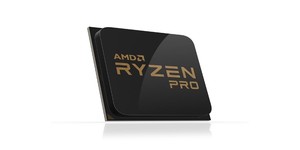
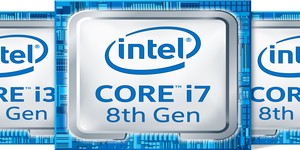
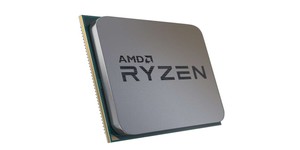




Want to comment? Please log in.